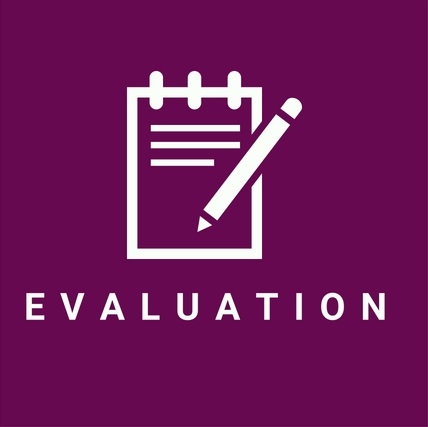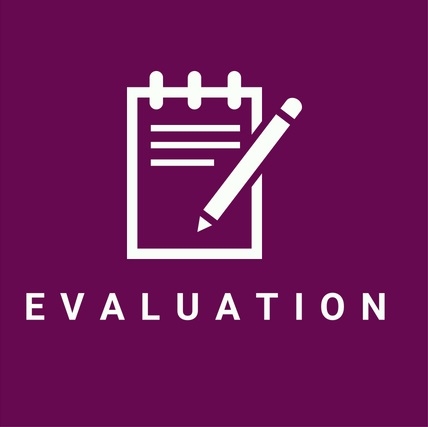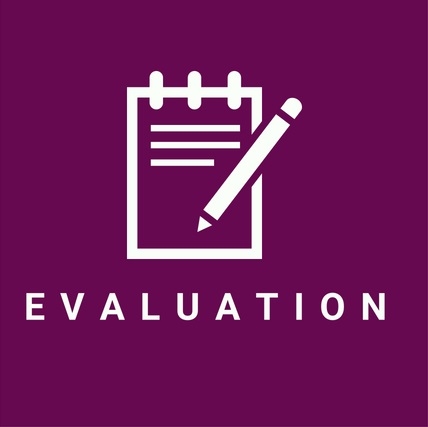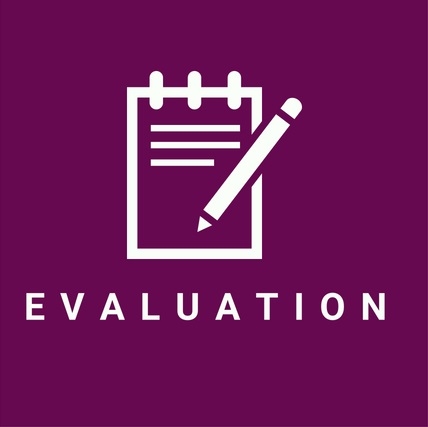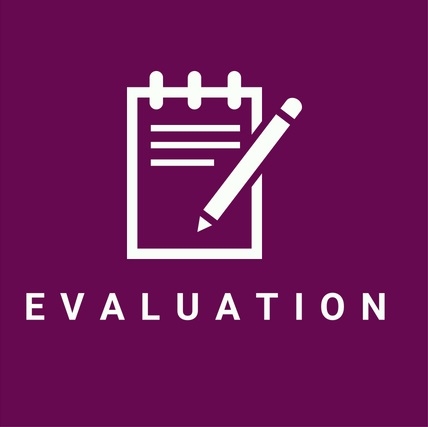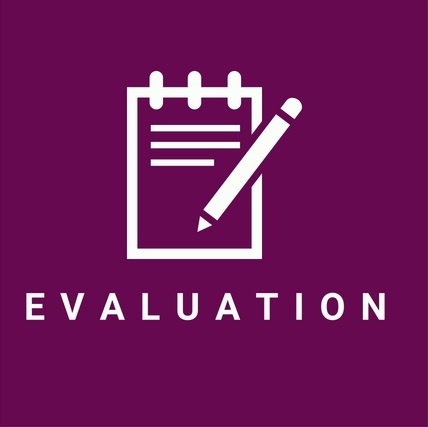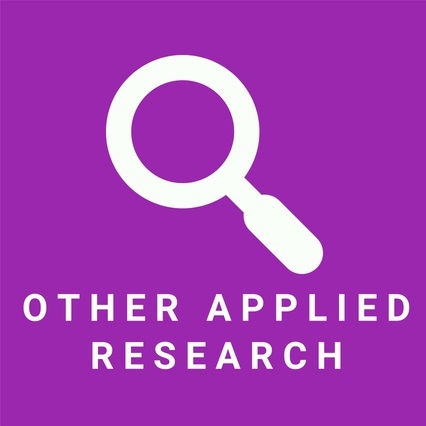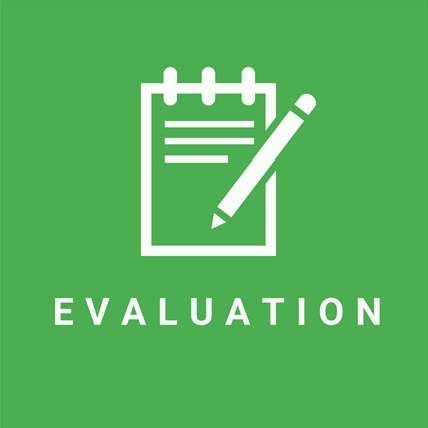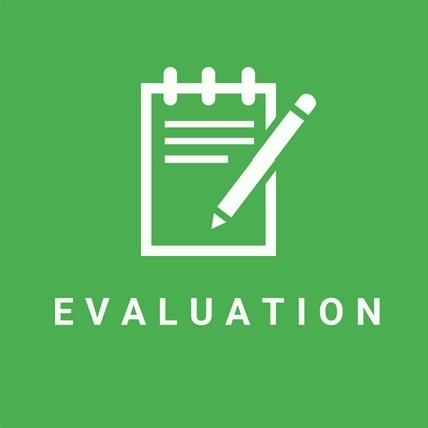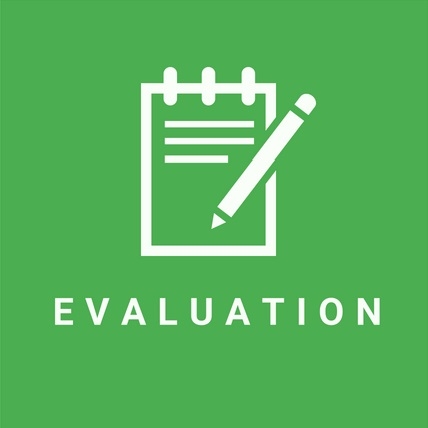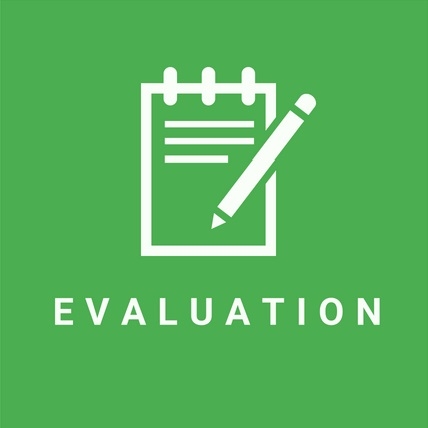Projects
CCBR typically has 15-20 ongoing projects and has completed over 500 projects since 1982. Each project is guided by our commitment to impacting social change in practical and powerful ways. We conduct research with people not on people, cultivating respect with communities at every step of the process.
Projects can be searched for using words from the project title or using the service area, theme, or date range for the project. You can also type 'Service Area' or 'Theme' into the search bar to get a list of options in each of these fields.
Projects
CCBR and the New Brunswick Multicultural Council (NBMC) led an evaluation of the Rural Settlement Network (RSN), which spans seven rural and Francophone communities in New Brunswick that have experienced (2019-2024) a rise in immigration. This project explored client, employer, and community partner perspectives on all seven organizational members of the network, their activities, and their impact.
Woolwich Community Health Centre (WCHC) contracted CCBR to collaboratively design and conduct an evaluation of their immunization program with Low German Mennonites in rural Woolwich and Wellesley Townships. The purpose of this summative evaluation was to assess the barriers and facilitators to vaccination uptake among immunized program participants and provide recommendations for future immunization programs and outreach.
CCBR partnered with the Toronto Newcomer Office (TNO) to create and implement an evaluation framework for the Toronto Newcomer Strategy (2022-2026). The project involved creating a theory of change, developing data collection tools, and conducting a mini-implementation to test these tools. Guided by a diverse Steering Committee, the project culminated in a community forum to share preliminary findings and discuss next steps with stakeholders.
CCBR in partnership with MACC led a 2.5-year project to explore ways to overcome the barriers for Muslim women (e.g., language, status, Islamophobia, health limitations, disabilities) in Halton region in (a) disclosing gender-based violence and (b) seeking support from formal services and informal networks (e.g., family, friends, and community leaders).
CCBR worked with the Senior Leadership of Food Banks Canada (FBC) to develop a Theory of Change guided by stakeholders across Canada. This Theory of Change sets the stage for FBC to plan and evaluate its activities in collaboration with the network of provincial associations with which Food Banks collaborates, and over 4,750 affiliate food banks.
CCBR collaboratively designed and conducted a process and outcomes evaluation of the Substance Use Hub at the Inner City Family Health Team (ICFHT) clinic in Toronto. Through the Hub, patients have access to life-saving drugs, peer support, and a team of trained physicians, nurses, and support staff. The Hub also offers a safer supply program, to prevent overdose and other harms by decreasing reliance on the unpredictable, unregulated drug market.
The purpose of this project was to propose an evaluation framework for Reception House Waterloo Region. This framework was based on two of its flagship programs (i.e., Refugee Assistance Program – RAP, and Client Support Services - CSS). Combined these two programs offer a range of supports to Government Assisted Refugees (GARs) within the first two years of their arrival.
In partnership with a youth advisory committee (YAC) and team of peer researchers, this CIHR-funded project validated the efficacy of Canadian Foundation for AIDS Research’s youth sexual health and harm reduction resource “Sexfluent”. CCBR worked alongside CANFAR and York University as a research partner on this research, and provided YAC coaching, peer researcher training, and analysis support.
Located at Parkdale Queen West Community Health Centre, the Trip! project is a youth-led harm reduction information service for the dance music scene and youth who use drugs. CCBR partnered with stakeholders to conduct a community-based evaluation that explored how well the program model aligned with:1) current drug using trends amongst youth; and 2) PQWCHC’s values, vision, & mission.
CCBR worked closely with Food Banks Canada to enhance the evaluation framework for their After the Bell program. Drawing on insights from qualitative discussions with staff and partners, we strengthened both the processes and outcomes of their evaluation, with attention to the impact of their program through an equity, diversity and inclusion lens.
CCBR worked with the Guelph-Wellington Local Immigration Partnership (GWLIP) to prepare them for a community-based evaluation of their network. CCBR conducted a document review and conversations that informed the design of the evaluation framework. The final evaluation framework included an evaluation purpose, evaluation questions, a network logic model, a measurement matrix, and an evaluation workplan.
The purpose of this project was to develop a Monitoring and Evaluation Toolkit to support governments and civil society in building monitoring and evaluation mechanisms into the design of refugee community sponsorship programs. The Toolkit was intended to be an accessible and flexible resource for a wide range of national, regional, or local contexts, and of program size and maturity.
